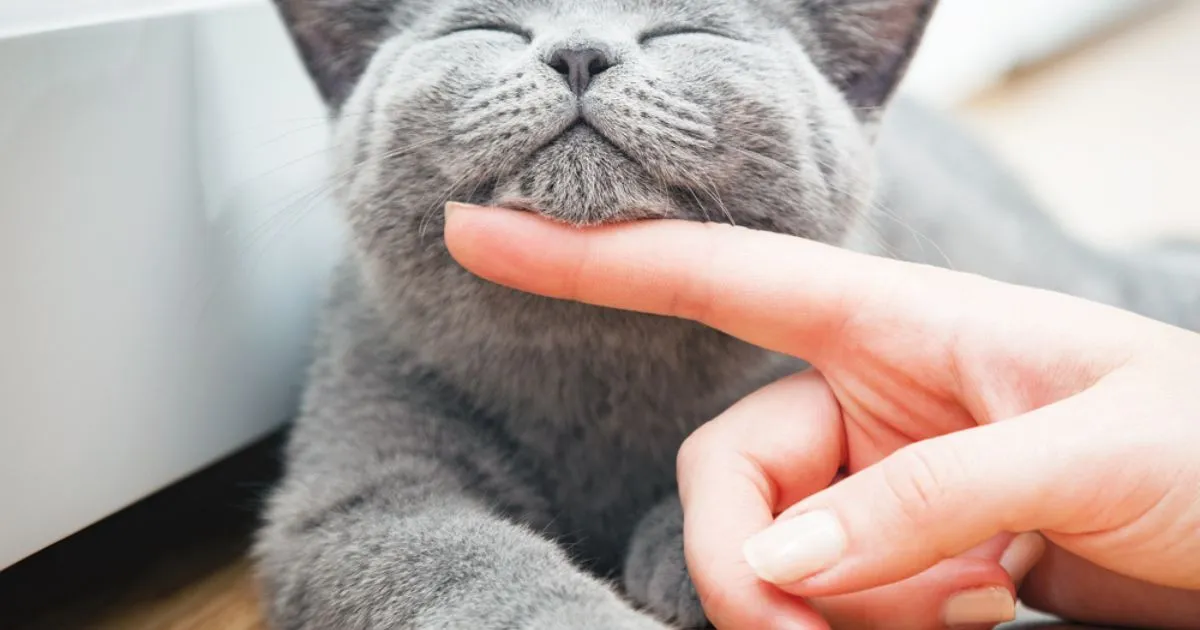Understanding a cat’s dietary requirements is vital for maintaining their overall health and well-being. When introducing new foods into a cat’s diet, it is crucial to consider their specific dietary requirements. Smoked salmon skin is a subject of interest among cat owners, but is it suitable for our feline companions? In this article, we will delve into the composition of smoked salmon skin, potential risks associated with its consumption, insights from veterinary professionals, and explore alternative fish options for cats.
Understanding Feline Dietary Habits and Needs
Before introducing any new food to a cat, it is important to understand their dietary requirements. Cats are obligate carnivores, meaning their bodies require animal-based protein to thrive. They have specific needs for essential amino acids and nutrients that are primarily found in meat. Any dietary changes should prioritize their health and well-being.
The Composition of Smoked Salmon Skin: Is It Suitable for Cats?
Smoked salmon skin comprises a variety of nutrients, such as omega-3 fatty acids, protein, and vitamins.. However, it is important to consider how these nutrients align with a cat’s specific dietary needs. While omega-3 fatty acids can benefit cats, the composition of smoked salmon skin may not provide the necessary balance of nutrients that cats require for optimal health.
Potential Risks Associated with Smoked Salmon Skin Consumption
Feeding smoked salmon skin to cats carries potential risks. Firstly, the smoking process may introduce harmful substances such as additives, preservatives, or excessive salt, which can be detrimental to feline health. Additionally, smoked salmon skin can be fatty, leading to digestive issues, obesity, and pancreatitis. Lastly, there is a risk of bacterial contamination, which can cause foodborne illness in cats.
Insights from Veterinary Professionals
Veterinarians and animal nutrition experts caution against feeding smoked salmon skin to cats. They emphasize that, while salmon can be a good protein source for cats, the smoking process alters the composition of the skin and may introduce harmful elements. It is advisable to prioritize a balanced and complete diet formulated specifically for cats.
Safeguards and Precautions for Feeding Smoked Salmon Skin to Cats
If cat owners wish to offer smoked salmon skin to their feline companions, precautions should be taken. It is important to source high-quality, natural smoked salmon without preservatives or excessive salt. The skin should be thoroughly cooked to eliminate any potential bacteria and remove any bones, ensuring safe consumption. However, it is crucial to consult with a veterinarian beforehand to receive personalized advice based on the cat’s specific dietary requirements and health considerations.

Exploring Alternatives: Other Cat-Friendly Fish Options
There are alternative fish options suitable for cats that provide the necessary nutrients without the potential risks associated with smoked salmon skin. Cats can enjoy fish like cooked and deboned salmon, tuna, or whitefish in moderation as part of their diet. However, ensuring the fish is sourced from reputable sources, thoroughly cooked, and free from any harmful seasonings or additives is crucial.
Conclusion
In conclusion, while smoked salmon skin may contain beneficial nutrients, it carries potential risks for cats. It is advisable to prioritize a balanced and complete diet specifically formulated for cats. If cat owners choose to offer fish as part of their cat’s diet, they should follow proper preparation and sourcing guidelines. Consulting with a veterinarian ensures that cat owners meet their feline companion’s nutritional needs safely and effectively.
Making informed decisions regarding a cat’s diet is crucial for their health and well-being. Seeking professional advice and guidance from veterinarians or animal nutrition experts can provide cat owners with the necessary knowledge to make the best choices for their feline friends, ensuring a happy and healthy life.
Frequently Asked Questions
Is smoked salmon skin safe for cats to consume?
Feeding smoked salmon skin to cats is generally not recommended. The smoking process can introduce additional flavorings, preservatives, and potentially harmful substances that may not be safe for feline consumption.
Can smoked salmon skin offer any nutritional benefits to cats?
While smoked salmon skin may contain some nutrients, such as omega-3 fatty acids, the smoking process can alter its nutritional composition and may not provide significant health benefits to cats. Additionally, the potential risks associated with smoked foods outweigh any potential nutritional advantages.
What are the potential risks of giving smoked salmon skin to cats?
Feeding smoked salmon skin to cats can increase the risk of digestive upset, including vomiting, diarrhea, or gastrointestinal discomfort. Additionally, smoked foods may contain high levels of sodium or other additives, which can be harmful to cats in large quantities.
How should I respond if my cat accidentally consumes smoked salmon skin?
If your cat ingests smoked salmon skin, monitor them closely for any signs of illness, such as gastrointestinal symptoms or lethargy. If you notice any concerning symptoms, contact your veterinarian promptly for guidance and assistance in ensuring your cat’s health and well-being.